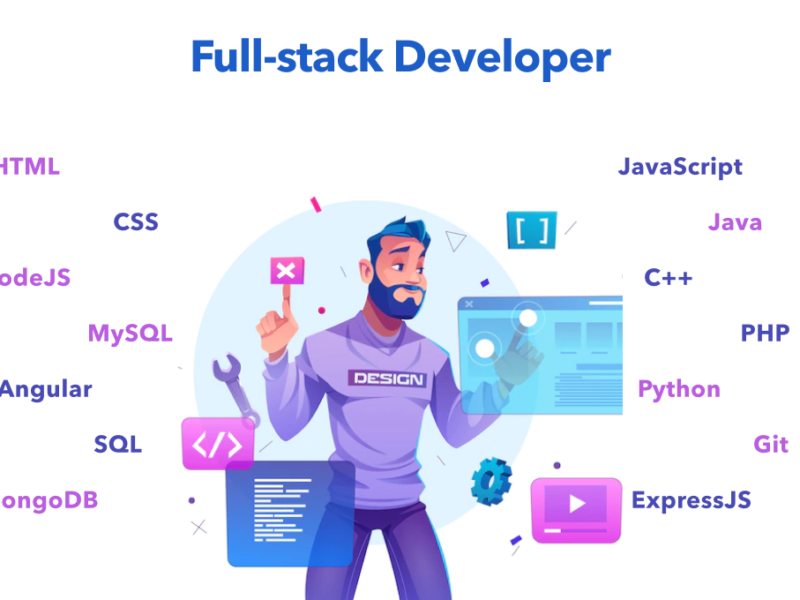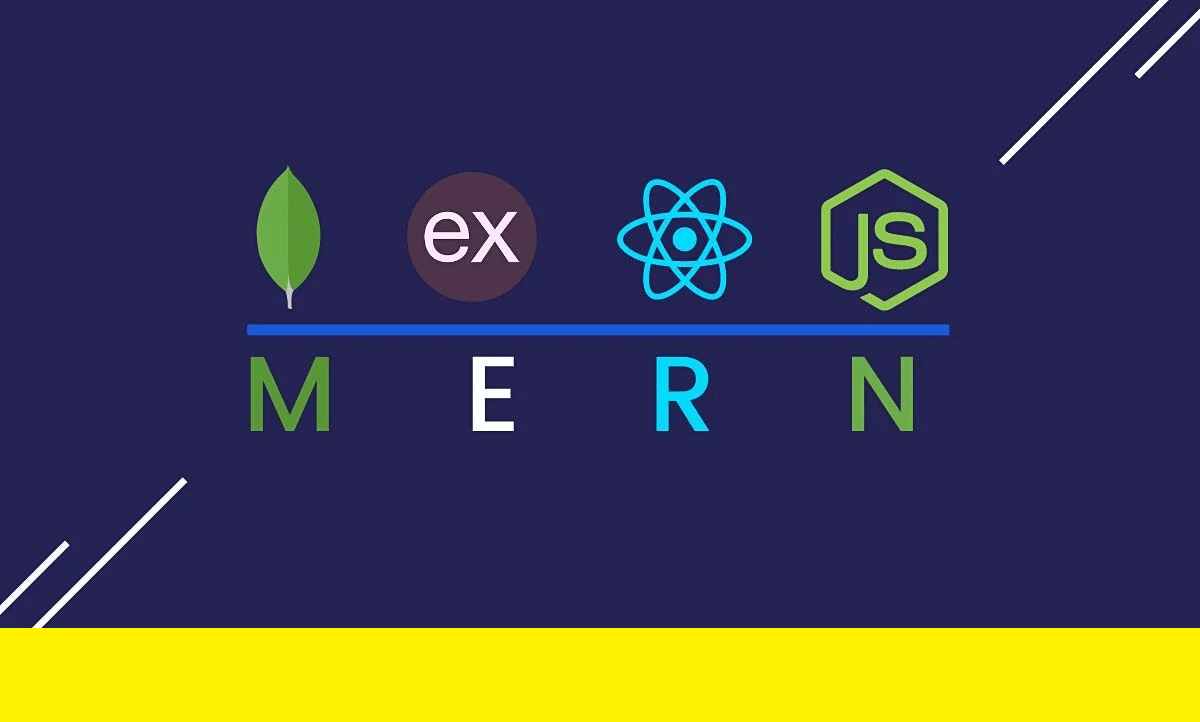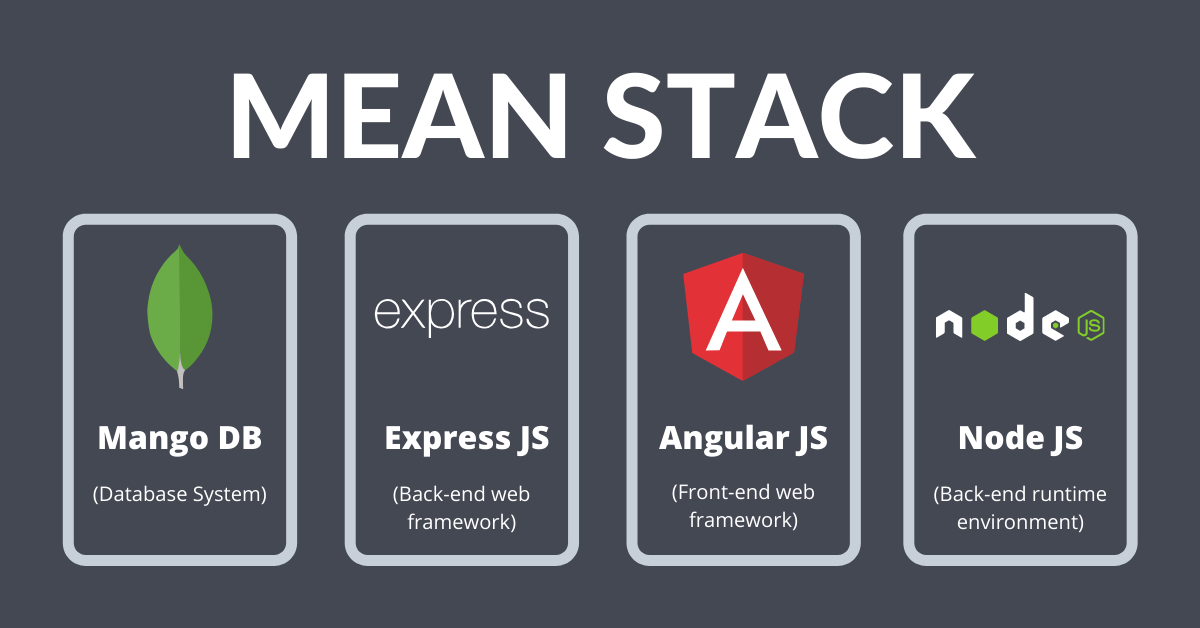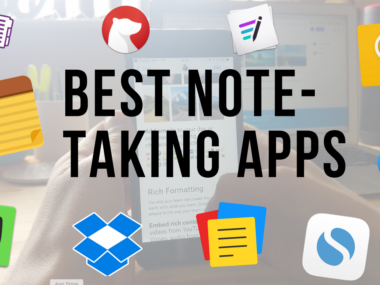OUTLINE
- My Ultimate Full‑Stack Developer Course Comparison: MERN vs. MEAN vs. Django
- Introduction – Why I Wrote This Guide
- What Makes a Full‑Stack Developer Course “Ultimate”?
- Snapshot of the Three Stacks
- MERN in 60 Seconds
- MEAN in 60 Seconds
- Django in 60 Seconds
- Deep‑Dive ①: MERN Courses
- Core Curriculum
- Teaching Style & Hands‑On Labs
- Job‑Market Relevance
- My Personal MERN Learning Path
- Deep‑Dive ②: MEAN Courses
- Core Curriculum
- Teaching Style & Hands‑On Labs
- Job‑Market Relevance
- My Personal MEAN Learning Path
- Deep‑Dive: Django Courses
- Core Curriculum
- Teaching Style & Hands‑On Labs
- Job‑Market Relevance
- My Personal Django Learning Path
- Cost‑to‑Value Breakdown
- Learning Curve & Time to First Paycheck
- Career Trajectories per Stack
- Community & Ecosystem Health
- Certification & Credibility
- Which Stack Fits YOUR Personality?
- My Stack‑Switching Story
- Final Scorecard: MERN vs. MEAN vs. Django
- Conclusion
- FAQs
My 3 Ultimate Full‑Stack Developer Course Comparison: MERN vs. MEAN vs. Django
I’ve worn all three hats—MERN, MEAN, and Django—and I still call myself a Full‑Stack Developer every time I update my résumé. By the end of this monster guide, you’ll know exactly which stack (and which course) deserves your next several months of nose‑to‑keyboard grind.
Introduction – Why I Wrote This Guide
I kept bumping into the same question in developer forums: “Which stack should I learn first if I want to become a Full‑Stack Developer in 2025?” I figured it was time for a brutally honest, no‑fluff comparison based on my own journey from newbie to paid Full‑Stack Developer. So here we are—coffee in hand, code samples open, and three popular stacks ready to fight for your attention.
What Makes a Full‑Stack Developer Course “Ultimate”?
To deserve that label, a course needs to:
- Turn a total beginner into an employable Full‑Stack Developer.
- Offer a project portfolio that recruiters drool over.
- Stay updated faster than JavaScript frameworks rename themselves.
- Deliver high‑touch mentorship—because Stack Overflow is great, but a real human mentor is gold.
With those yardsticks, let’s compare MERN, MEAN, and Django head‑to‑head.
Snapshot of the Three Stacks
MERN in 60 Seconds
MERN stands for MongoDB, Express, React, Node.js. If you love JavaScript and the idea of “one language to rule them all,” MERN feels like cheating (in a good way). A typical Full‑Stack Developer bootcamp built on MERN leans hard into React for front‑end wizardry.
MEAN in 60 Seconds
MEAN—MongoDB, Express, Angular, Node.js—shares 75 % of its DNA with MERN. Replace React with Angular, sprinkle in TypeScript, and you’re in MEAN‑ville. Many enterprise giants hire MEAN‑fluent Full‑Stack Developer talent for their massive codebases.
Django in 60 Seconds
Django = Python on steroids. You pair Django with PostgreSQL (or MySQL) on the back end and React/Vue/Svelte on the front if you wish. The framework’s “batteries‑included” mantra can rocket a Full‑Stack Developer to a deployable MVP in days.
Deep‑Dive: MERN Courses
Core Curriculum
Every reputable MERN course I’ve taken (or audited) covers:
- MongoDB data modeling
- Express middleware patterns
- React hooks & state management
- Node.js async patterns with promises and async/await
That combo alone turns an aspiring coder into a Full‑Stack Developer by the halfway mark.
Teaching Style & Hands‑On Labs
MERN bootcamps tend to be project‑heavy. By Week 6 I’d pushed a social‑media clone to GitHub. Those reps gave me the muscle memory every Full‑Stack Developer needs.
Job‑Market Relevance
Search “React developer” on LinkedIn and you’ll drown in offers. Add Node to the filter, and suddenly you’re the unicorn Full‑Stack Developer companies fight over.
My Personal MERN Learning Path
I started with freeCodeCamp’s MERN playlist and graduated to Udemy’s “MERN Stack Mastery.” Six months later, I landed a freelance gig re‑building a SaaS dashboard—my first paycheck as a bona fide Full‑Stack Developer.
Deep‑Dive ②: MEAN Courses
Core Curriculum
Expect heavy TypeScript, Angular CLI, RxJS observables, and end‑to‑end testing with Protractor. A MEAN course that grooms a Full‑Stack Developer tucks authentication and JWTs under your belt, too.
Teaching Style & Hands‑On Labs
MEAN academies love “code‑along” sessions. I built a real‑time chat app that made me feel like a superhero Full‑Stack Developer when messages streamed live with Socket.io.
Job‑Market Relevance
Angular’s corporate adoption means big, stable salaries. If “enterprise Full‑Stack Developer” sounds attractive, MEAN will treat you well. Banks and insurance behemoths adore Angular’s opinionated structure.
My Personal MEAN Learning Path
I binged Pluralsight’s “Angular + Node” path, then jumped into Coursera’s “Building Scalable MEAN Applications.” Two certifications later, I negotiated a higher contract rate—proof that MEAN skills elevate a Full‑Stack Developer paycheck.
Deep‑Dive: Django Courses
Core Curriculum
Django essentials include ORM mastery, class‑based views, Django REST Framework, and template inheritance. A good course also throws in Docker and CI/CD pipelines—because a production‑ready Full‑Stack Developer automates everything.
Teaching Style & Hands‑On Labs
Python instructors are storytellers by nature. My Django bootcamp started with “Build a Twitter clone in three hours” and ended with “Deploy to AWS Elastic Beanstalk.” That narrative flow glued concepts into my Full‑Stack Developer brain.
Job‑Market Relevance
Fintech, data science portals, and research labs crave Django talent. If you want to be a polyglot Full‑Stack Developer who also tinkers with AI models, Django plays nicely with the Python ecosystem.
My Personal Django Learning Path
I devoured the official Django Girls tutorial, then leveled up with “Django for Professionals” by William S. Vincent. Within weeks I shipped a blog CMS and felt like a wizard Full‑Stack Developer.
Cost‑to‑Value Breakdown
| Stack | Average Course Price | Hours of Content | $ per Hour | My ROI as a Full‑Stack Developer |
|---|---|---|---|---|
| MERN | $199–$1,299 | 60–400 | $3–$5 | Recouped cost in 1 freelance gig |
| MEAN | $299–$2,000 | 80–450 | $4–$6 | 15 % salary bump at enterprise job |
| Django | $49–$999 | 40–300 | $1–$3 | Monetized via SaaS MVP in 4 weeks |
No matter the sticker price, each course paid for itself once I cashed my first Full‑Stack Developer invoice.
Learning Curve & Time to First Paycheck
- MERN: Steep React learning curve; first Full‑Stack Developer gig in ~6 months.
- MEAN: TypeScript slows newbies; paycheck in ~8 months.
- Django: Python gentleness; fastest route—3 to 5 months if you hustle.
Career Trajectories per Stack
- MERN: Startup engineer ➜ Senior Full‑Stack Developer ➜ CTO at a lean SaaS.
- MEAN: Corporate developer ➜ Tech‑lead Full‑Stack Developer ➜ Enterprise architect.
- Django: Research assistant ➜ API‑centric Full‑Stack Developer ➜ Data‑platform lead.
Community & Ecosystem Health
React’s GitHub repo churns issues like popcorn, Angular pushes LTS releases, Django runs on Python zeal. No shortage of meetups where a budding Full‑Stack Developer can corner seasoned veterans for advice.
Certification & Credibility
Google’s “Associate Cloud Engineer” pairs beautifully with MEAN, while Meta’s “React Professional” badge powers up MERN résumés. Django pros flaunt AWS DevOps certificates. Adding any cert to your Full‑Stack Developer title shouts “hire me!”
Which Stack Fits YOUR Personality?
- Visual Thinker? MERN’s component model is LEGO for the mind of a creative Full‑Stack Developer.
- Rule Lover? MEAN’s opinionated Angular fits disciplined coders.
- Big‑Picture Architect? Django’s batteries‑included vibe helps a strategic Full‑Stack Developer prototype entire platforms solo.
My Stack‑Switching Story
I began as a MERN Full‑Stack Developer, seduced by React’s JSX. Three years later a contract demanded MEAN, so I pivoted. Then I tasted Django and fell for Python’s elegance. Today I’m a hybrid Full‑Stack Developer who cherry‑picks the best tool for each gig—and that flexibility prints money.
Read Also: How a Free Data Analytics Bootcamp Doubled My Salary in 6 Months (Best skill)
Final Scorecard: MERN vs. MEAN vs. Django
| Criteria | MERN | MEAN | Django |
|---|---|---|---|
| Beginner Friendliness | ⭐⭐⭐ | ⭐⭐ | ⭐⭐⭐⭐ |
| Job Ads (Indeed 2025) | 42 k | 28 k | 19 k |
| Average Global Salary | $78 k | $82 k | $75 k |
| Speed to MVP | Fast | Moderate | Blazing |
| Community Support | Massive | Large | Passionate |
| Best For | Creative Full‑Stack Developer | Enterprise‑minded Full‑Stack Developer | Data‑driven Full‑Stack Developer |
Conclusion
Choosing your first stack is less about which technology is “better” and more about which journey excites you enough to finish the marathon. Each path can crown you as a profitable Full‑Stack Developer. MERN dazzles with React’s UI magic; MEAN rewards TypeScript discipline; Django leverages Python’s versatility. Whichever direction you sprint, remember: tools change but the mindset of a relentless Full‑Stack Developer lasts forever. I’ll see you on GitHub.
FAQs
1. Which stack lands a remote job fastest?
If urgency rules, Django often propels a new Full‑Stack Developer to paid remote gigs within five months thanks to Python’s demand.
2. Can I mix stacks—for example, React front end with Django back end?
Absolutely! Many hybrids call themselves polyglot Full‑Stack Developer pros and bill premium rates for that flexibility.
3. Do I need a computer‑science degree to be a Full‑Stack Developer?
No. Incredible bootcamps plus unstoppable grit craft a production‑ready Full‑Stack Developer faster than most CS programs.
4. How many projects should I showcase in my portfolio?
Aim for three polished apps that highlight front end, back end, and DevOps chops—enough for recruiters to stamp “proven Full‑Stack Developer.”
5. Is one stack more future‑proof than the others?
Trends shift, but a versatile Full‑Stack Developer who learns MERN principles can hop to MEAN or Django (and vice versa) with minimal fuss. Master learning itself; the future will follow.









